How Sweden became one of the most innovative countries on earth
Tech entrepreneurs share the secrets behind the Scandinavian technology powerhouse that produces world-beating companies as well as security and relative equality

Your support helps us to tell the story
From reproductive rights to climate change to Big Tech, The Independent is on the ground when the story is developing. Whether it's investigating the financials of Elon Musk's pro-Trump PAC or producing our latest documentary, 'The A Word', which shines a light on the American women fighting for reproductive rights, we know how important it is to parse out the facts from the messaging.
At such a critical moment in US history, we need reporters on the ground. Your donation allows us to keep sending journalists to speak to both sides of the story.
The Independent is trusted by Americans across the entire political spectrum. And unlike many other quality news outlets, we choose not to lock Americans out of our reporting and analysis with paywalls. We believe quality journalism should be available to everyone, paid for by those who can afford it.
Your support makes all the difference.“We call it the Bjorn Borg Effect,” says Henrik Torstensson, founder of Swedish health app Lifesum. “You suddenly have this person or company that comes along and shows the world that it can be done. Overnight, Sweden was extremely good at tennis. It was like everyone was playing it.”
Sweden isn’t so great at tennis these days, Torstensson concedes, but it is second-to-none when it comes to creating innovative companies – and Spotify is the new Borg.
People underestimate the magnitude of Spotify’s achievements, says Torstensson. He should know, he worked there as head of premium sales before founding Lifesum, a comprehensive weight loss and lifestyle-tracking app that boasts more than 20 million users.
“Only Netflix in the entire world is adding subscribers at a faster pace than Spotify. In any type of media. They’re outperforming Apple, they’re outperforming Google, Microsoft.”
Torstensson talks with an understated modesty that belies the gravity of what he’s saying. It’s a typically Swedish trait – part of a national psyche that has been injected with a huge shot of confidence thanks to multi-billion dollar firms such as Spotify, Skype and King, the developer of the insanely popular Candy Crush games.
The music streaming service is the first European technology company that has taken on the biggest of the US giants at their own game and won. Apple effectively admitted as much when it set up its own rival streaming service in 2015. Spotify has done this from Stockholm, a city of less than one million people that has more unicorns – defined as privately-owned companies valued at more than $1bn – per person than any other city on the planet.
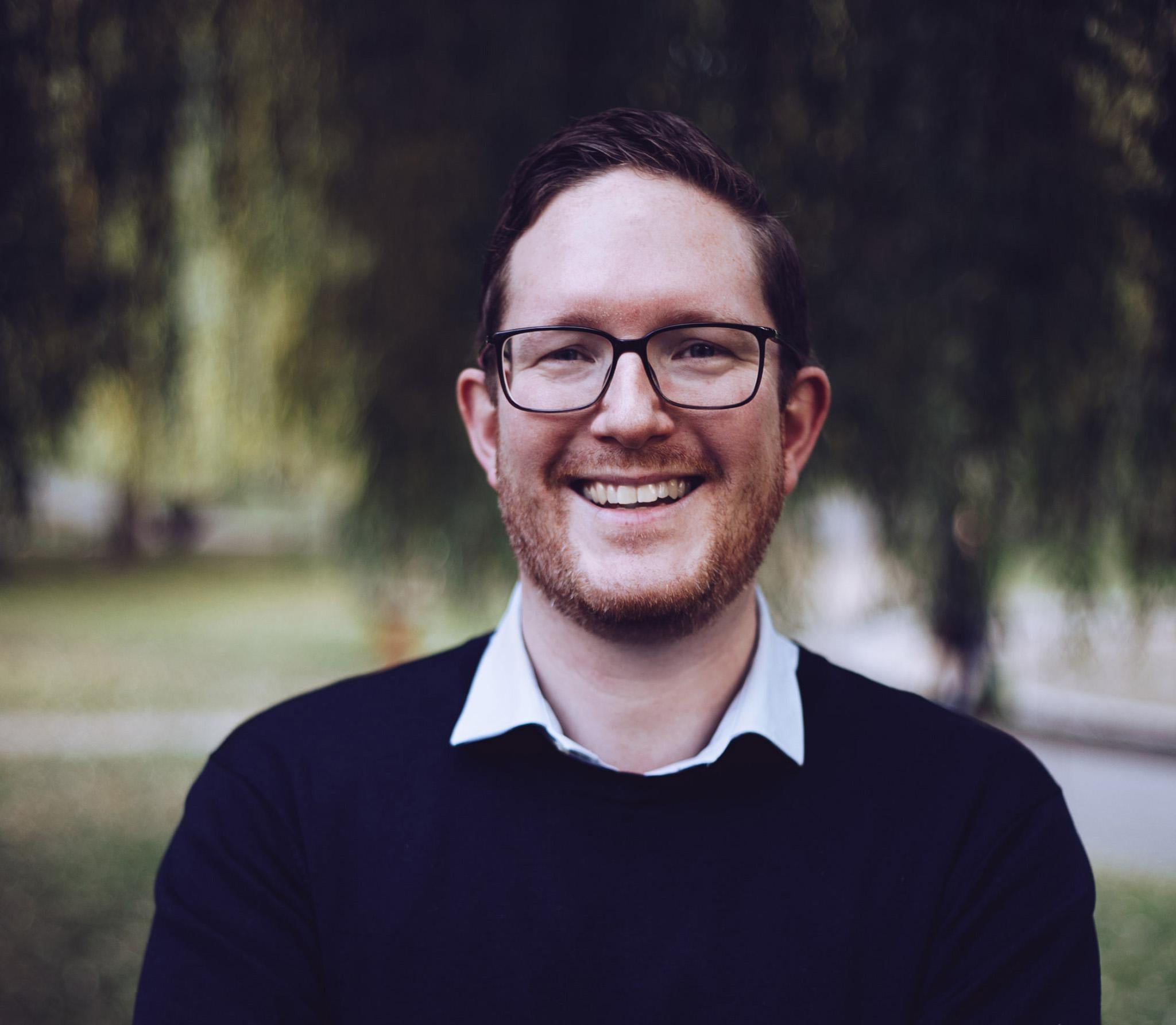
The city’s phenomenal success has caught the attention of the world and rippled out across the Nordic region over the last few years. Just as everyone seemed to be playing tennis in the 1980s, now, it seems, everyone is programming – and the booming tech scene is going from strength to strength. Gothenburg, Sweden’s second city and industrial heartland, is home to a fresh breed of startups, ready to roll off the production line of the unicorn factory. Similarly, in just five years, Oslo’s startup scene has gone from non-existent to thriving, partly thanks to government investment.
None of this is supposed to be here. The Nordics have some of the highest taxes, most generous welfare programmes and lowest levels of inequality in the world. The orthodox view in the UK and US dictates that to encourage innovation, the state should remove its clumsy hands from the wheels of industry, cut taxes, slash budgets and burn red tape. This will incentivise entrepreneurs to create shiny new things.
The US has been incredibly successful at producing world-beating companies; a high level of inequality is the other side of this coin. It sharpens the wits and gives people the jolt they need to get out there and make something in the world. Welfare breeds “dependency” and laziness, so the argument goes. Society’s losers are a necessary by-product of the kind of all-or-nothing environment where winners win, and they win big. Wealth will trickle down.
The Nordics pose a difficult problem for peddlers of this thesis and offer a fundamentally different paradigm for success.
“Sweden is an awesome place to start a business and an awesome place to raise a family”
Coinciding with Scandinavia’s rise, something appears to be turning rotten at the heart of Silicon Valley, the world’s foremost technology and innovation powerhouse. In 2017, a pervasive sexual harassment problem has been highlighted; lack of diversity has continued to plague the scene at senior levels, and a series of other corporate scandals have marred its reputation.
Meanwhile, the policies of many western governments are delivering stagnant wages and weak growth, which has helped fuel the resurgence of racially charged, right-wing identity politics – and a worrying breakdown of social cohesion.
Risk-taking environment
For Sam Manaberi, founder of Gothenburg-based startup Trine, Sweden’s social safety net and wealth equality are at the very heart of what makes his country so innovative.
“Sweden is an awesome place to start a business and an awesome place to raise a family,” he says.
Trine runs an online platform linking investors directly with solar projects in areas of Africa without access to the electricity grid. Manaberi and his co-founders developed the concept at an incubator in Gothenburg’s prestigious Chalmers University.
He is just about to take the last of his 480 days paternity leave entitlement, which he has spread over the last eight years as his son has grown up. He took a summer off when he came back to his home country from the US, where he’d worked as an executive for German industrial giant Bosch. “It was a great time for reflection and hanging out with my son,” he says.
“I decided there isn’t that much risk in starting a business. Maybe it had to do with the fact I’d lived in the US for several years – that’s real risk.”
“Here, the worst thing that could happen was that I lost the salary I would have earned. Healthcare works really well and there are great schools. That safety net was so, so important.”

Torstensson’s colleague, Victoria Bastide, at Lifesum worked in Silicon Valley for 15 years before moving back to Stockholm. “In Sweden you have more people who aren’t from a wealthy background that are daring to create startups,” she says.
“In the US you’re taking a huge gamble: your kid’s college fund, your house, your health. If you lose your job you lose your health insurance.”
A growing body of evidence supports the idea that a strong safety net encourages entrepreneurialism. But this is far from the only ingredient in Nordic success. France has high taxes and generous welfare but few tech giants that many could name.
Sweden is also one of the most transparent countries in the world and, consequently, one of the most trusting. For decades you have been able to look up anyone’s salary, for example. Norway has a similar system. Transparency has helped foster an atmosphere of collaboration that has been vital in building new tech companies.
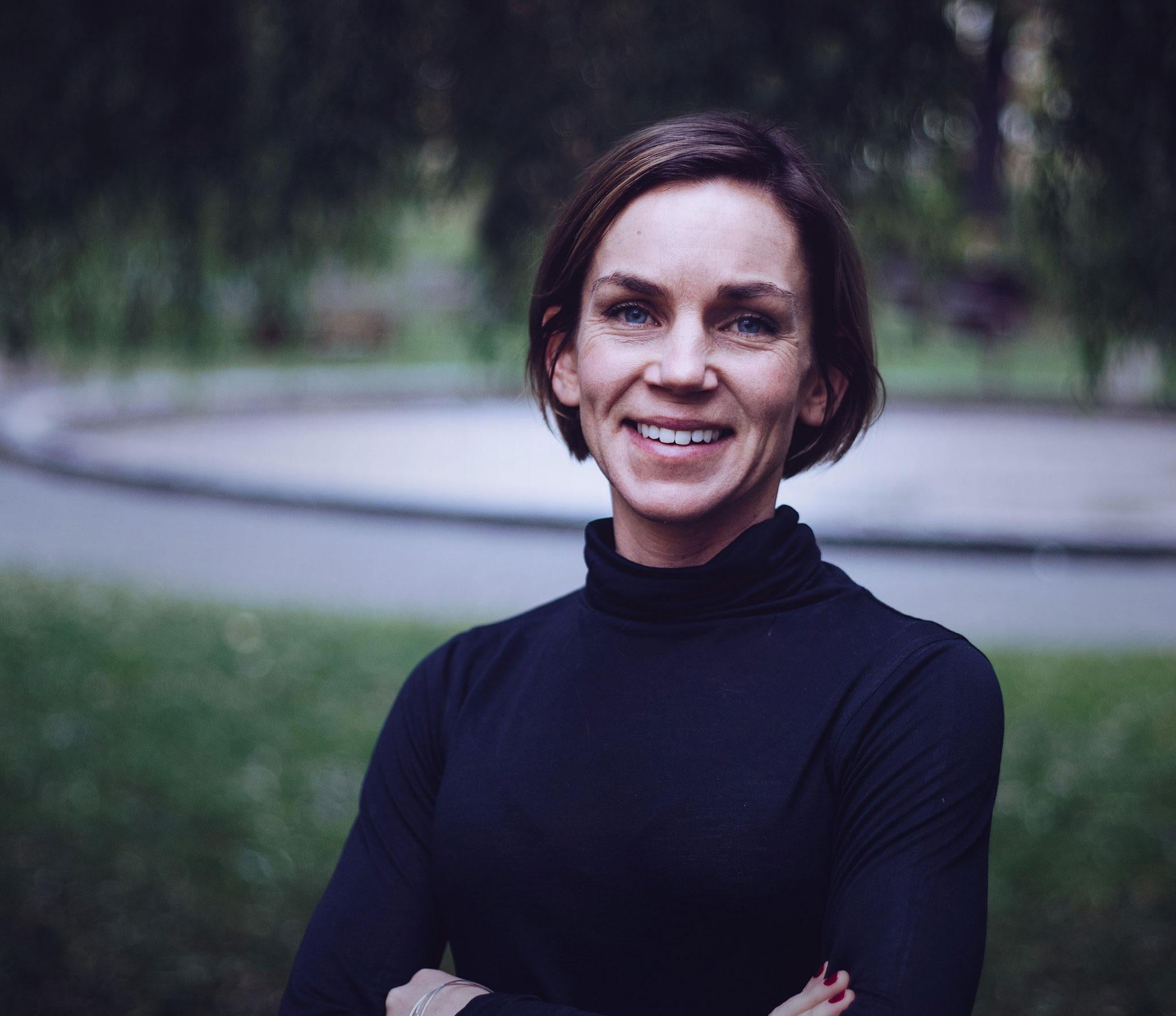
Nordic countries also have a strong scientific tradition going back centuries, which has been supplemented by exceptional – and free – technical education. In Sweden this has provided the impetus for world-beating companies such as Ericsson and Volvo to grow. Swedish firms invest in research and development at almost double the rate of their British counterparts, and the culture of “paying it forward” – successful founders putting money and expertise back into the startup ecosystem – is deeply ingrained. “You don’t just go to Spain and drink pina coladas,” as Torstensson puts it.
The law of Jante
Also central to the Nordic way of life is the concept of Jantelagen, or “the law of Jante” summed up in the 1933 novel, A Fugitive Crosses His Tracks. Its essence is a culture that emphasises the virtues of achieving things collectively and looks upon ostentation and individuality with suspicion.
It’s the antithesis of the American braggadocious style of business that’s been idolised and beamed to television screens around the world through programmes like The Apprentice – an ugly pageant of slicked back, fake-tanned Gordon Gekko wannabes, staring down the camera, puffing up their egos with outlandish claims of imagined success.

Individualism, arrogance and an “Alpha-male” attitude are traits that frequently define what it means to be successful in the US model, which has been mimicked to some extent in the UK. These are the values behind Silicon Valley’s “tech-bro” culture; they are also a set of ideas that many argue has reached its apotheosis in Donald Trump – the President who boasts of grabbing women by the p***y.
There are, as far as I can tell, no Gordon Gekkos in the Nordics. And nothing remotely resembling the Donald (if such a thing exists). Strolling along Stockholm’s equivalent of London’s Park Lane, there’s not a lime-green Lamborghini in sight. A version of The Apprentice has never been made for the Swedish audience. I doubt it would go down well.
A lack of prestige and social hierarchy drives the risk-taking needed to produce successful businesses says Manaberi.
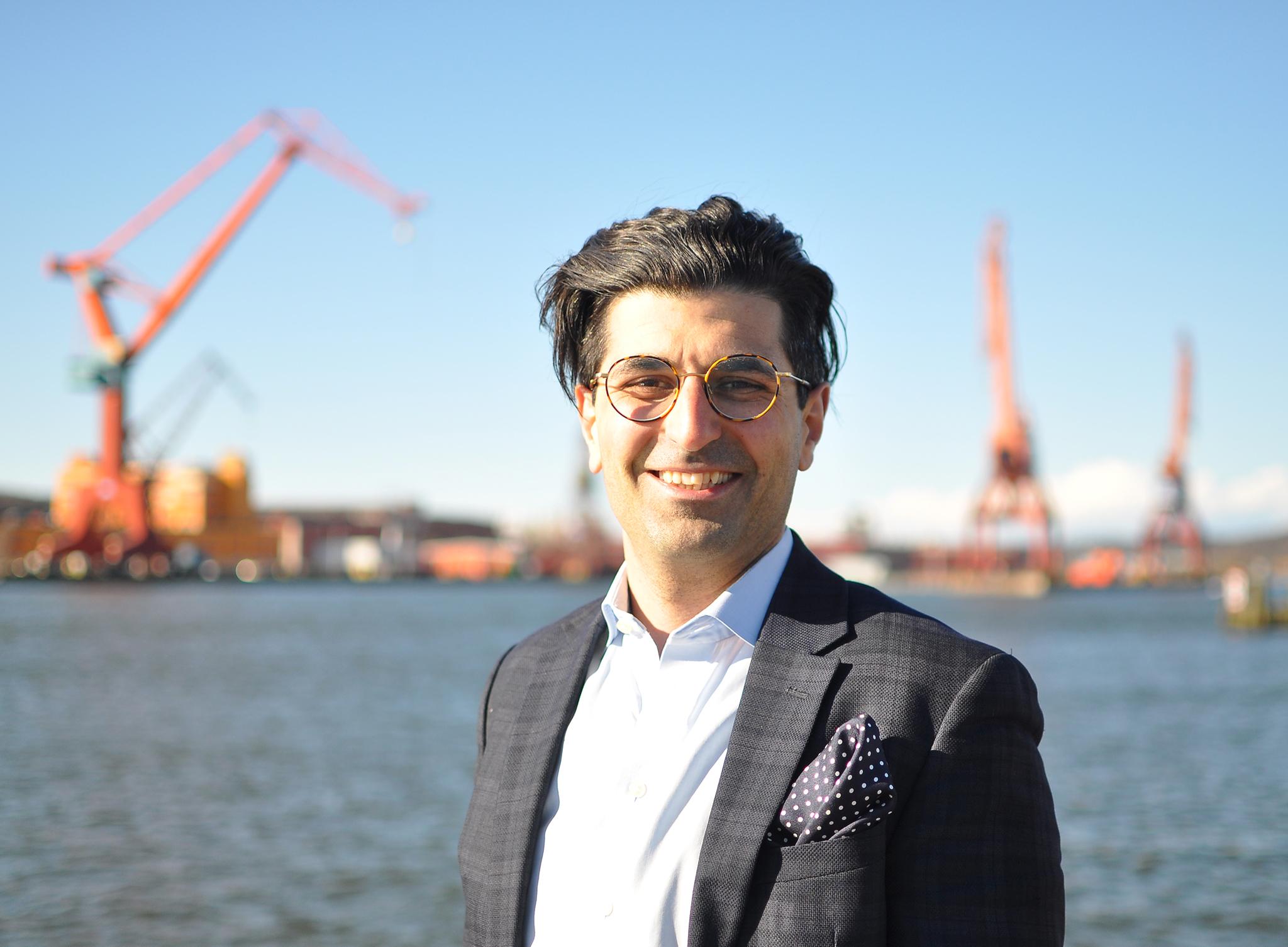
“I had two really big cars in the US and a really nice house. The day after, I was living in a small flat with a bike.”
“Here, all I have to do is to reconcile that with myself. I don’t have to worry about society’s pressure. Anyone who cares about it is an idiot, from a Swedish point of view.
“Everybody likes to have fancy stuff but it could be equally cool to just ride a bike.”
“Before the last five, 10 years, failing in Sweden was not an option”
This is a nation where the next in line to the throne, Crown Princess Victoria, married her former personal trainer. And Victoria’s brother, Prince Carl Philip, wed a former glamour model who once posed for a lads’ mag wearing nothing more than a thong and a live python. Outside royal circles, Ikea founder Ingvar Kamprad is believed to be worth about $55bn (£41bn) but lives a famously frugal lifestyle, buying second-hand clothes from a flea market and living in an unassuming bungalow. Egalitarianism runs deep; the hierarchy is flat.
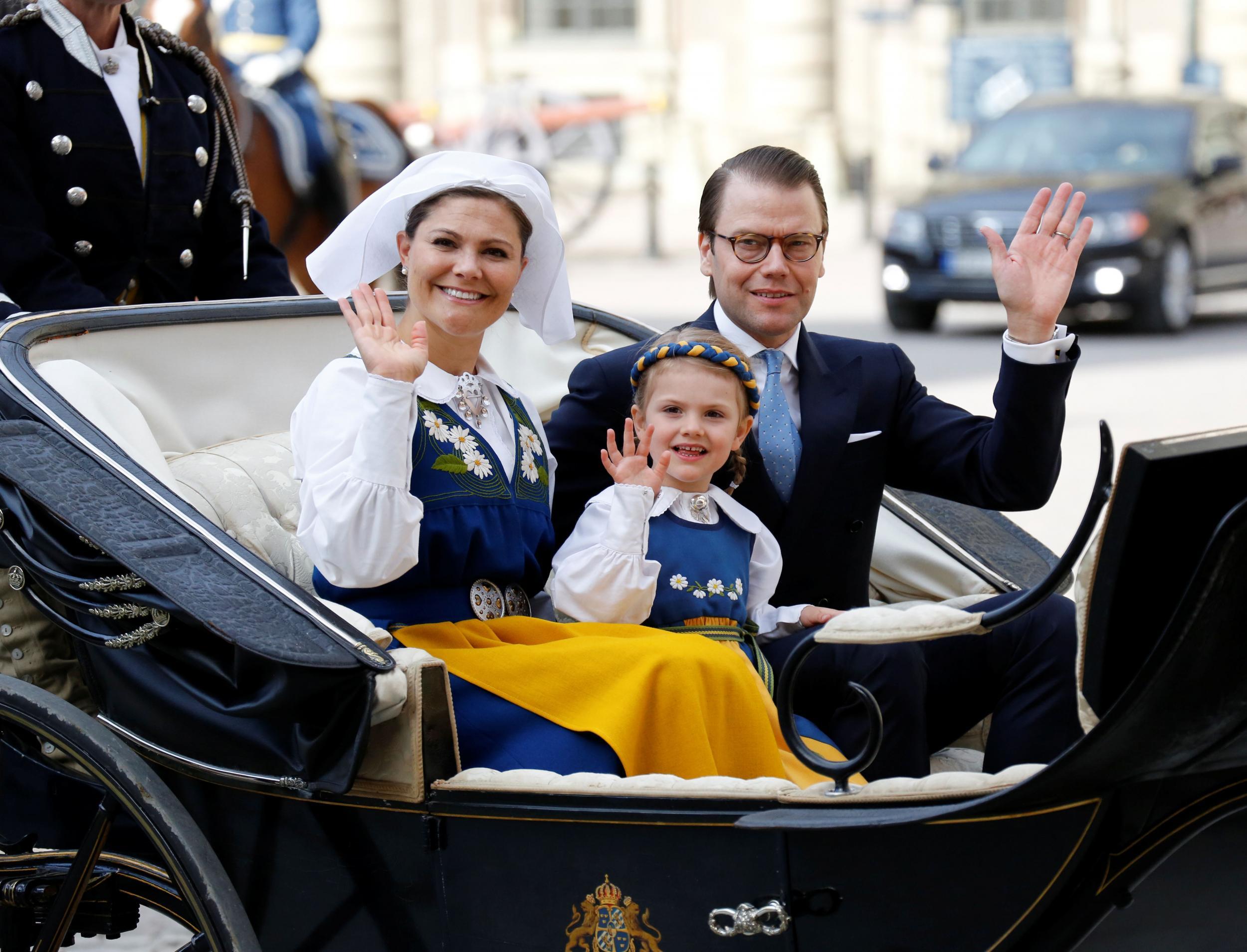
Embracing failure
But the national psyche has undergone some recent changes that have been crucial to Sweden’s success, says Leandro Saucedo, chief investment officer at podcasting app Acast.
“Before the last five, 10 years, failing in Sweden was not an option. The attitude was: if you’re going to start a business, do it. Don’t be too successful though. And don’t fail. Don’t fail.”
“OK, Ikea rules the world today but it took 10 years before he opened his second store because he needed to be profitable first,” Saucedo says. “Historically and culturally that’s been way you build a business in Sweden.”
“Now, people realise that if you want to create the next Facebook you have to switch your mindset. With that, the failure mentality has been accepted. It wasn’t when we were younger”.
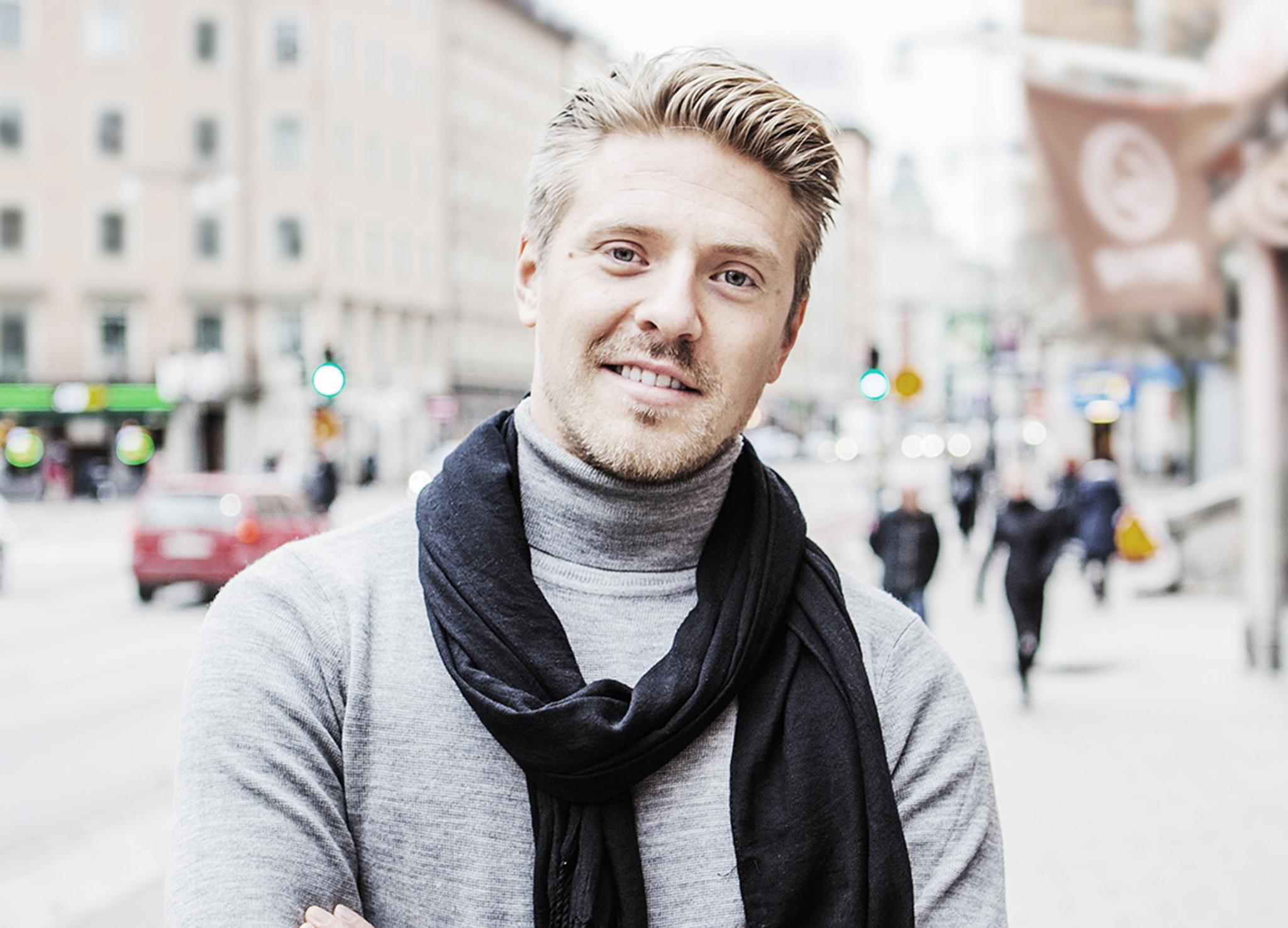
Many Swedes in the current crop of startups were teenagers when the dotcom bubble burst in spectacular fashion. Entrepreneurs of that period were vilified in the Swedish media, says Saucedo.
“A lot of those companies obviously failed miserably but, as kids, we thought, that’s cool. Why did this go belly-up? Fast-forward 10 years and these kids have started their own businesses.”
“In the 1990s, you could be a working-class kid with a computer at home even if your parents didn’t make a lot of money”
Government also played a key role in the development of today’s thriving startup scene by subsidising computers and fast internet connections.
“In the 1990s, you could be a working-class kid with a computer at home even if your parents didn’t make a lot of money. By the early 2000s you could have a pretty decent broadband connection,” says Torstensson.
“If you have a whole generation of kids – not just the top 10 per cent, but all of the kids – online, five or 10 years before everyone else, I believe it pays off.”
Sweden is often ahead of the curve, says Saucedo. “For better or worse, we are extremely trend-sensitive,” he says, reclining in his chair, dressed in a smart blazer with purple paisley-patterned cravat and immaculate long blonde hair brushed back over his head.
“If red is the colour of the month, Stockholm is red. You go to a nightclub with people from other countries and they are like, ‘People are so dressed up. Everyone is so trendy’ – but in reality, nobody is standing out,” he explains.
“If everyone has an iPhone you have to have an iPhone, but you can’t have one with diamonds because that’s too much.
“The only way to try to be edgy is to be on the trend earlier than someone else. Everyone is up to date and early adopters.”
“In Silicon Valley, people roll in, do their time, whatever’s needed to get their stock options... it’s like the old gold-digger mentality”
This makes it the perfect petri dish to test new tech ideas. When Facebook created the ‘Like’ button, they chose Sweden as the place to try it out first, says Mary Ghahremani, Acast’s manager for Sweden.
Nordic tech firms also offer an ethos that Silicon Valley may have lost say Ola Sars and Joel Broms Brosjö, co-founders of Soundtrack Your Brand, which provides music streaming services to companies.
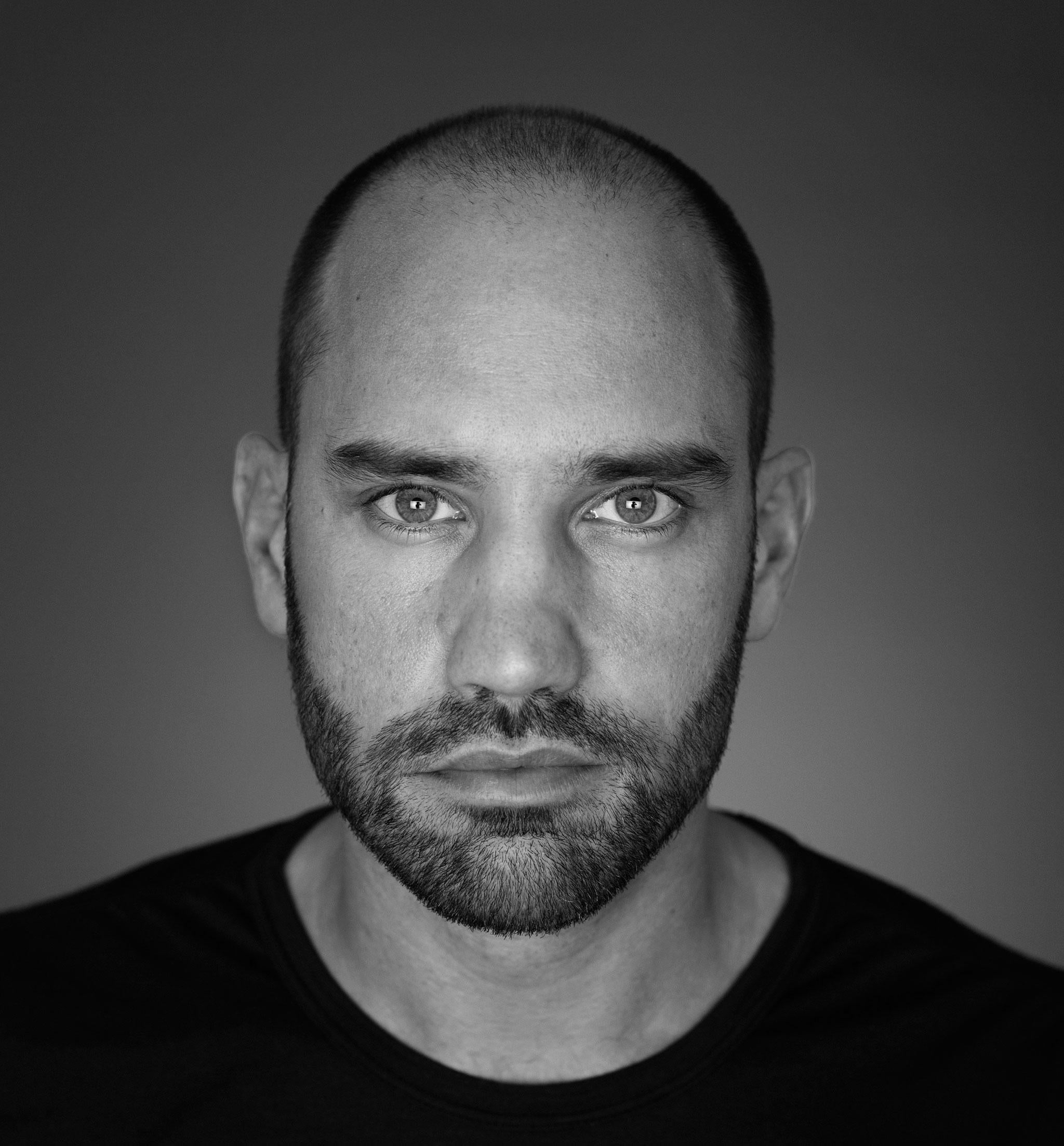
“In Silicon Valley, people roll in, do their time, whatever’s needed to get their stock options, then move away to the next thing,” says Brosjö “It’s like the old gold-digger mentality.”
“You don’t build anything in a year,” Sars adds.
Only a handful of staff have ever left Soundtrack Your Brand since the pair founded it in 2013, along with fellow co-founder Andreas Liffgarden.
The Borg Effect
Despite not embracing the gold-digger mentality, or perhaps because of it, Nordic firms compete on a global level.
And the huge success of Sweden’s tech unicorns seems to have resulted in the negative side of the Jantelagen philosophy being ditched, to some extent – the idea that if nobody should think they are special, nobody can be extraordinary.
What those firms have achieved is extraordinary, and it’s been wholeheartedly embraced.
It has shifted people’s perspective and “added an extra few rows to the scorecard”, says Torstensson.
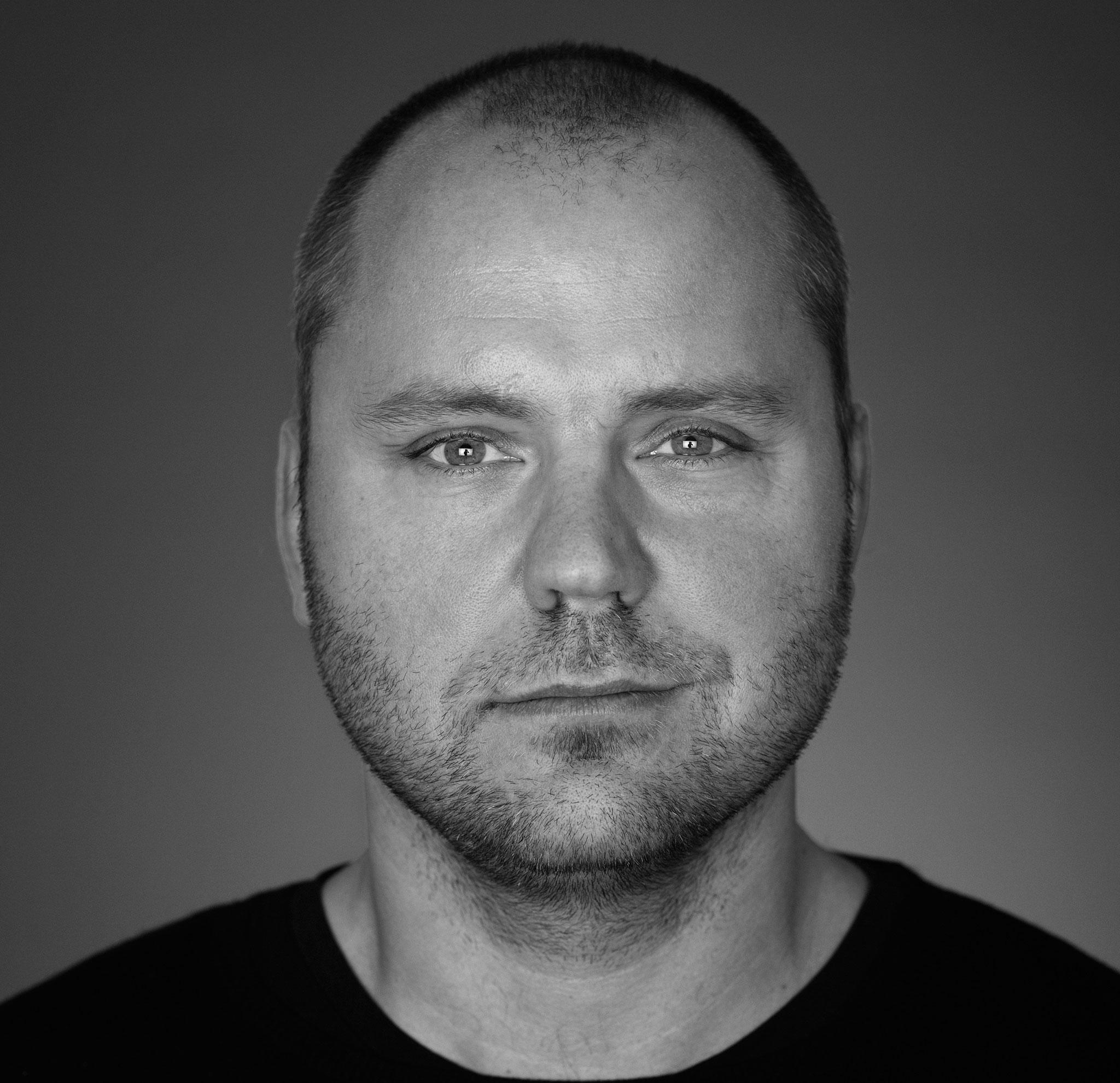
Soundtrack Your Brand aims to become the dominant global player in the business-to-business music market, just as Spotify has been in the consumer world, says Sars. “We’re not shy about saying that.”
“The number one rule is you can’t lose focus," says Sars. "If you do, you will always have 100th of the funds that an American competitor will have. They go to one market and they have 350 million consumers. We have nine million,” he explains.
“The starting point is always unfair but with the heritage that we have in design, music and engineering, you can do it.”
Join our commenting forum
Join thought-provoking conversations, follow other Independent readers and see their replies
Comments